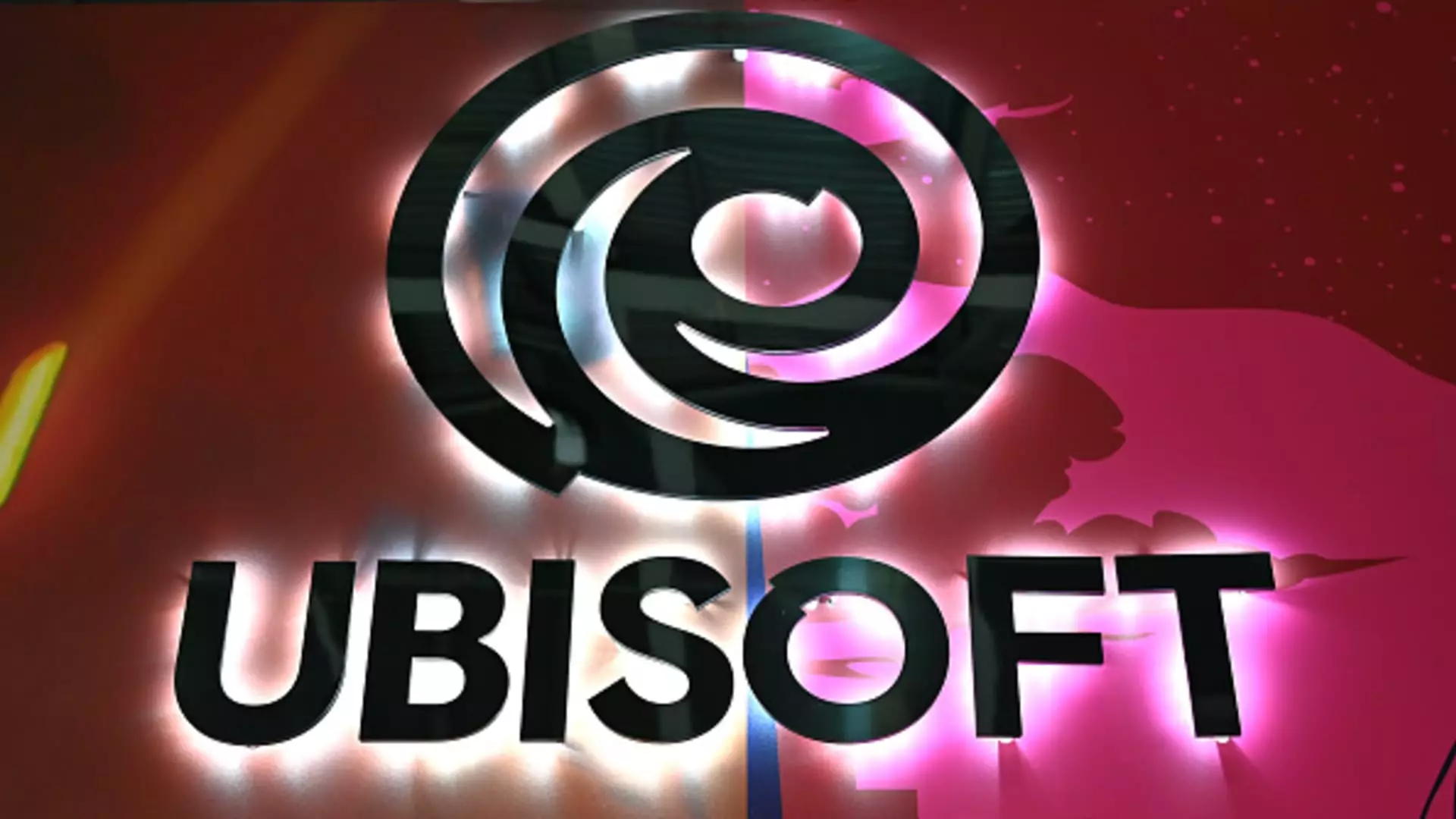Ubisoft, a prominent player in the global video game industry, has recently been under intense scrutiny following a dramatic surge in its stock, which jumped over 30% in a single trading day. This uptick was primarily fueled by reports suggesting that Tencent, a Chinese tech behemoth, may be considering a buyout of the company in tandem with Ubisoft’s founding Guillemot family. Currently, both Tencent and the Guillemot family hold minority stakes in Ubisoft. The news arrive as Ubisoft has seen a significant decline in market capitalization, losing more than half of its value within this calendar year.
Bloomberg News broke the story detailing that potential strategies under consideration include taking the company private, though official comment from Ubisoft was noticeably absent as the share value rallied. The curtailment of communication, particularly from Tencent, suggests a cautious approach towards a potentially transformative deal. However, this speculation comes at a time when Ubisoft is grappling with challenges stemming from both internal management decisions and a wider industry downturn.
Ubisoft’s declining market position cannot solely be attributed to external pressures; internal management decisions have elicited concern among investors. The company recently announced that the much-anticipated title “Assassin’s Creed Shadows” would be delayed by three months, following lower-than-expected sales figures for “Star Wars Outlaws.” This delay sends a clear message to the market that Ubisoft is grappling with execution issues and consumer sentiment at a critical juncture.
In addition to project delays, Ubisoft has adjusted its net bookings guidance for the 2025 fiscal year down to approximately 1.95 billion euros, following an already disappointing fiscal report for 2024. Results falling short of expectations have pushed CEO Yves Guillemot to consider deeper changes within the company’s executive structure, which raises questions about the management’s strategic direction and capacity to execute on upcoming projects.
Adding another layer to the unfolding drama is the involvement of AJ Investments, an activist investor. Although they hold less than a 1% stake in Ubisoft, they have reportedly gained the support of approximately 10% of the overall shareholder base to advocate for transformative changes at Ubisoft. Their open letter called not only for a change in management but also suggested that the company should explore acquisition offers from private equity groups or Tencent.
The activist investor’s engagement indicates a growing frustration among shareholders, who are urging for immediate strategic overhaul in light of persistent underperformance. AJ Investments’ move reflects a broader trend among shareholders who are demanding accountability and performance improvements in a setting where traditional growth trajectories are increasingly unstable.
Ubisoft’s challenges are symptomatic of a wider malaise affecting the gaming industry at large. Market analysts have noted a significant deceleration in growth, with projections suggesting only a 2.1% increase in the gaming market for 2024, a stark contrast to the booming growth experienced during the pandemic years of 2020-2021. The consumer landscape has shifted; gamers are now allocating their time to established franchises rather than new releases, a trend exacerbated by rising costs of living affecting disposable incomes.
James Lockyer, a technology research analyst from Peel Hunt, articulates this phenomenon, suggesting that an overwhelming number of gaming choices, coupled with economic constraints, has caused a dilution in consumer spending. This environment has made it increasingly challenging for publishers to achieve expected returns on investment for new titles.
As speculation on potential buyouts circulates and management reviews are initiated, Ubisoft finds itself at a crossroads. Whether external intervention from Tencent or the Guillemot family will materialize into a successful acquisition remains uncertain. Coupled with the ongoing internal and market-based challenges, Ubisoft’s stakeholders should brace themselves for what could be a tumultuous road ahead. The company’s future will depend not just on overcoming management obstacles but also on navigating an evolving gaming landscape that demands innovative solutions and strategic foresight. The coming months could very well dictate the path forward for this storied gaming pioneer.

